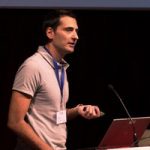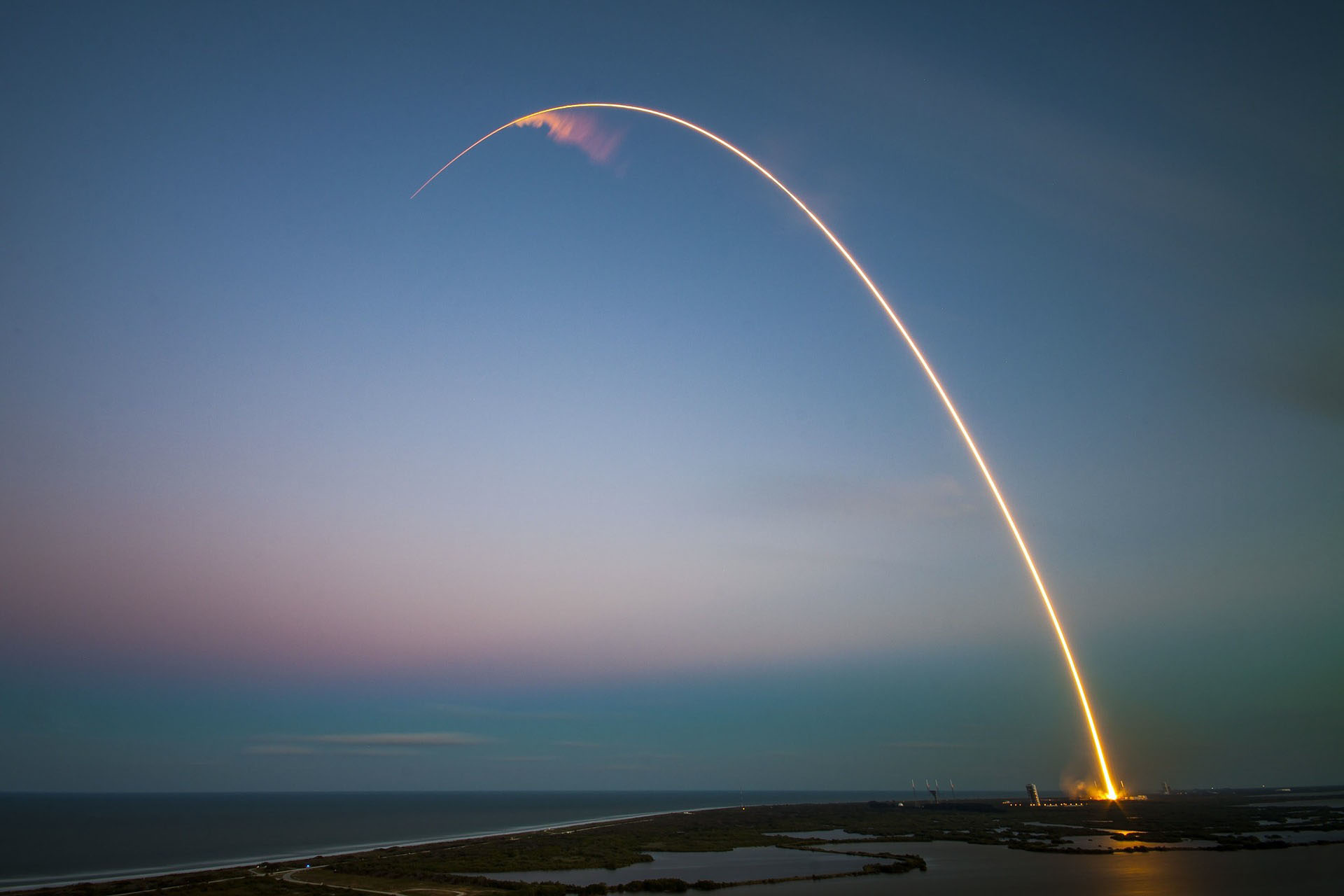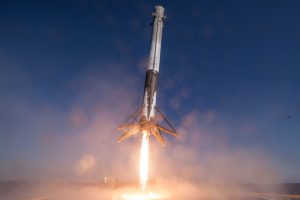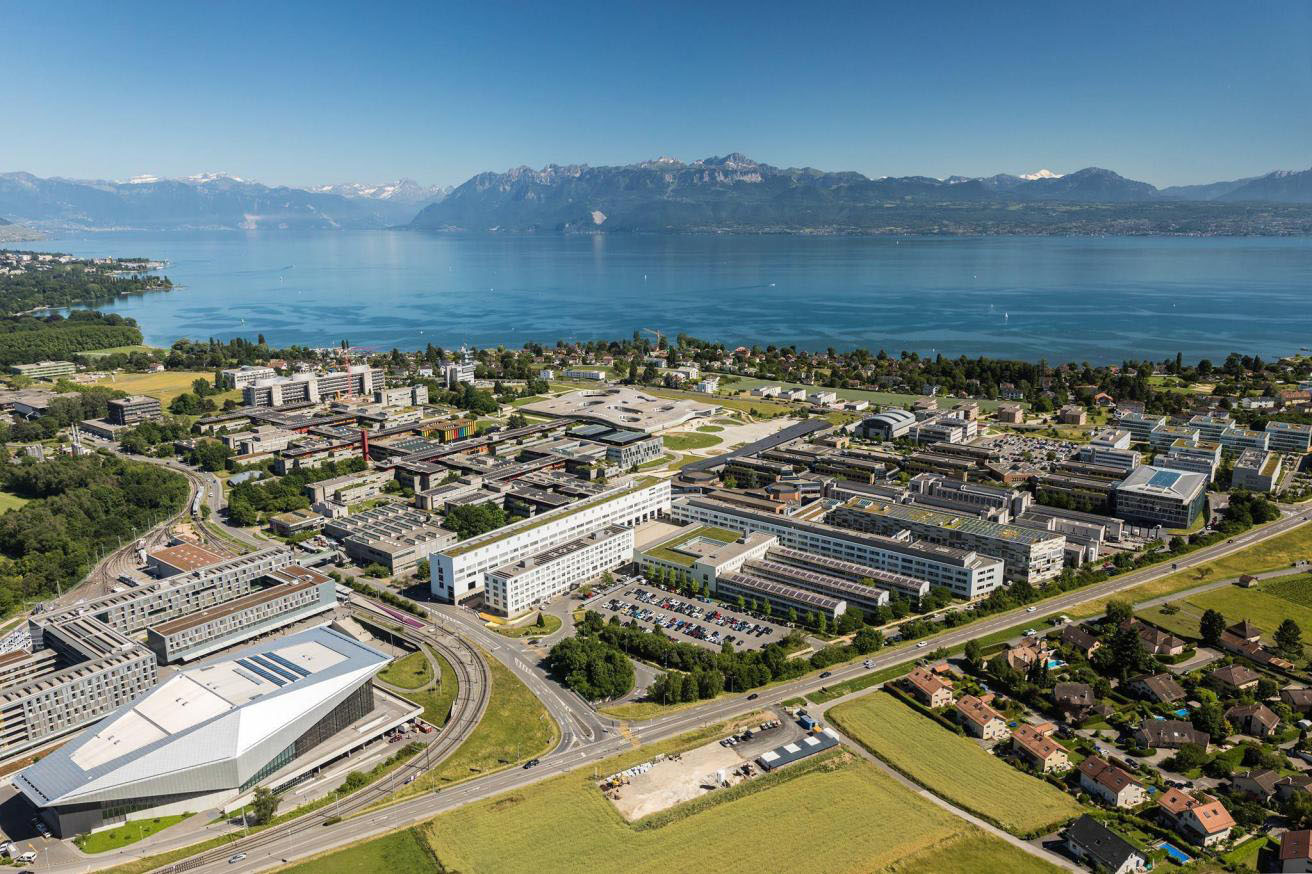UPCOMING WORKSHOPS
PAST WORKSHOPS
2019

The Swiss Space Center invites you to save the date for this workshop on Artificial Intelligence for Space. Two specialists from our industrial member Solenix will introduce this concept and provide concrete examples of areas where your company or research entity can benefit from it.
This workshop is supported by the Software for Operations Working Group and the Earth Observation and Remote Sensing Working Group of the Swiss Space Center.
8 – 9 October 2019
The workshop will be organized in 4 sections:
- Introduction to Artificial Intelligence (AI). What is intelligence? What is AI? What are the uses of AI? Artificial Intelligence being a very large field the focus will stay on common use cases within the space industry.
- Introduction to Machine Learning (ML) as a domain of Artificial Intelligence. What ML can / cannot do? What the “learning” means in ML? Types of ML. Key concepts such as how to evaluate performance, generalization, when one needs a more complex / simpler solution. The ML workflow in ML projects.
- Selected Machine Learning Techniques and their Applicability Depending on the time available for this part of the course: Linear Regression, Logistic Regression, Decision Trees, Random Forests, Deep Learning, Unsupervised Learning, and/or Text Mining.
- Introduction to Automated Planning & Scheduling (P&S) as a domain of Artificial Intelligence for optimisation. What problems can be solved? What are the challenges? What techniques are used?
If you have a project in this domain and you want to advertise it to the community, a specific section will be organise during the second day. You can contact the Swiss Space Center for more information.
Day 1 – Tuesday 8 October
| Time | Programme | Speakers |
|---|---|---|
| 9:30 – 10:00 | Reception – coffee | |
| 10:00 – 10:15 | Welcome & Introduction | G. Bourban, SSC |
| 10:15 – 11:00 | Introduction to Artificial Intelligence (AI) | Nicola Policella, Solenix at ESA/ESOC |
| 11:00 – 12:00 | Introduction to Machine Learning (ML) | Jose Martinez-Heras, Solenix at ESA/ESOC |
| 12:00 – 13:00 | Lunch | |
| 13:00 – 14:30 | Machine Learning Techniques and their Applicability Linear Regression, Support Vector Machine, Decision Trees and Random Forests |
Jose Martinez-Heras, Solenix at ESA/ESOC |
| 14:30 – 15:00 | Coffee Break | |
| 15:00 – 17:00 | Machine Learning Techniques and their Applicability Decision Trees, Random Forests, Neutral Network and Deep Learning |
Jose Martinez-Heras, Solenix at ESA/ESOC |
| 17:00 – 17:15 | Wrap-up Day 1 |
Day 2 – Wednesday 9 October
| Time | Programme | Speakers |
|---|---|---|
| 8:30 – 10:00 | Machine Learning Techniques and their Applicability Neural Network, Deep Learning, Unsupervised Learning and Text Mining |
Jose Martinez-Heras, Solenix at ESA/ESOC |
| 10:00 – 12:00 | Automated Planning & Scheduling (P&S) | Nicola Policella, Solenix at ESA/ESOC |
| 12:00 – 13:00 | Lunch | |
| 13:00 – 13:30 | The ESA Φ Lab and AI for Earth Observation | Chris Stewart, Research Fellow, Φ-lab, ESA/ESRIN |
| 13:30 – 16:00 | Participants’ presentation on internal developments linked to AI |

Jose Martinez-Heras is a senior research engineer at Solenix working on-site at the European Space Operations Center.
He is leading the Machine Learning efforts in Space Operations from the ESA side.
His work on early anomaly detection, anomaly investigation and forecasting has led to safer operations on several ESA missions.
Jose is experienced in artificial intelligence, machine learning and data analytics.

Nicola Policella is a senior research engineer at Solenix with more than 15 years of experience working for the European Space Agency.
He has been responsible for the design and development of advanced software solutions supporting the operations of several missions such as MarsExpress, SOHO, Integral or Alphasat.
Nicola is a PhD-educated computer scientist specialised in Artificial Intelligence applied to planning and scheduling problems.
Registration is closed.

Empa, the Swiss Federal Laboratories for Materials Science and Technology, and the Swiss Space Center will present the 1st workshop on Non Destructive Inspections for Space the 5th of June 2019 at Empa in Dübendorf, Switzerland.
The goal of this workshop is to give an introduction and overview to Non-Destructive Inspection Techniques from industrial, research and technology organization and international organization point of view to the Swiss Space Community. Besides an overview of common industrial NDI techniques, the focus will be on X-ray analytical and imaging techniques.
The European Space Agency, the Swiss Federal Laboratories of Material Science and Technology and Swiss Space Center will present NDI overview, specific techniques, challenges and the importance of such techniques in the miniaturization, integration and technology progress race.
Round tables will facilitate the discussion concerning the NDI needs for space industry between the actors and the visit of laboratories will support the presentations and show concretely what are X-ray NDI and how it works for some cases specially for newcomers.
This event is free of charge/fees and presentations will be open to all participants up to 70 persons. Note that the Swiss Space Center members will have registration priority on non Swiss Space Center members.
5 June 2019
| Time | Programme | Speakers |
|---|---|---|
| 8:30 – 8:45 | Reception | |
| 8:45 – 9:00 | Welcome | A. Neels, Empa / G. Bourban, SSC |
| 9:00 – 10:00 | Overview of industrial NDA techniques | Dr. T. Lüthi, Senior Scientist, X-ray Imaging Group, Center for X-ray Analytics, Empa |
| 10:00 – 11:00 | Overview of X-ray imaging techniques | Dr. R. Zboray, Group leader, CT imaging, Center for X-ray Analytics, Empa |
| 11:00 – 11:15 | Coffee break | |
| 11:15 – 11:45 | NDA techniques at ESA | Wayne Brassington, ESA |
| 11:45 – 12:00 | Round Table / Q&A | |
| 12:00 – 13:00 | Lunch | |
| 13:00 – 13:20 | X-ray imaging of the European Retrievable Carrier (EURECA) at Empa Multiscale X-ray analysis to support device development and reliability | A. Neels, Head of Center for X-ray Analytics, Empa |
| 13:20 – 13:40 | The Effet of Micro-Gravity on the Thermophysical Properties of Phosphorous containing Bulk Metallic Glasses | Dr. R. Frison, Scientist, X-ray Diffraction Group, Center for X-ray Analytics, Empa |
| 13:40 – 14:00 | Investigating Li-combustion power systems for extreme environment spacecraft by fast neutron imaging |
Dr. R. Zboray, Group leader, CT imaging, Center for X-ray Analytics, Empa |
| 14:00 – 14:15 | Coffee break | |
| 14:20 – 15:30 | Laboratory session – Group 1 & Group 2 | |
| 15:30 – 16:40 | Laboratory session – Group 1 & Group 2 | |
| 16:40 – 17:00 | Round Table / Conclusions |
2017
Beyond the Kármán Line – Business Model and Innovation in Space
17 October 2017


Traditionally, satellites and launchers have been the exclusive domain of government agencies and large commercial players. This unique industry logic is currently subject to a major turmoil with disruptive technologies, ambitious start-ups and savvy investors entering this sector.
In light of those challenges and opportunities, the Swiss Space Center invites you to a one-day workshop on Space Strategy and Business Model Innovation. Our goal is to provide you with a thorough understanding of the current key market trends in Europe and the United States and their implications on your business.
We will introduce new ways of thinking and approaches to corporate strategy. The workshop provides a hands-on experience and insights into Business Model Innovation, an unconventional tool to differentiate your product or service beyond its technical capabilities.
Stefan is Business Advisor at the Swiss Space Center. In this role he supports members in the development and implementation of disruptive strategies and unconventional solutions to tough problems.
He has extensive experience in tactical business development, a proven track record in leading and growing complex businesses and developing strategic partnerships. While working for Europe’s leading Space product supplier, RUAG Space, he was responsible for their U.S. expansion, establishing sites for engineering and manufacturing in Colorado and Alabama, respectively
Olten, Switzerland
Registration is closed.
Radiation Environment and its effects in EEE components and hardness assurance for space application
9-10 May 2017
Space Radiation
The harsh space environment is pervaded with high energy particle radiation that affects electrical, electronic and electromechanical (EEE) components employed on board spacecrafts. The radiation effects observed may be in the form of minor component parameter degradation or in some cases catastrophic failure possibly resulting in a spacecraft system breakdown. The understanding of the interaction between the natural space radiation environment, the spacecraft shielding, spacecraft systems and EEE components including knowledge of corresponding tools employed is necessary to ensure successful space missions. The role of a radiation effects engineer encompasses multi-disciplinary fields with focus on subjects such as radiological physics and solid-state physics.
Technical objective
The objective of this course is to give the audience an overview of the natural space radiation environment, the effects of this environment on EEE components, how component sensitivity to the environment is characterised (e.g. via testing) and the Radiation Hardness Assurance processes.
Course description
The course begins by exploring the harsh and dynamic natural space radiation environment and investigates its central role in space project activities and highlights the engineering procedures to achieve the defined mission goals.
The course naturally evolves into defining and describing the three major radiation effect types (Total Ionising Dose (TID), Displacement Damage (DD) and Single Event Effect (SEE)). Their influence predominantly on EEE components is investigated with an overview of corresponding basic mechanisms.
The approach and procedures employed to identify EEE component sensitivity to radiation effects via testing are subsequently examined. The simplified methods used in ground irradiation testing to mimic the complex space radiation environment are explored. Radiation related units are defined and an overview of tools employed provided. The final part of the course defines Radiation Hardness Assurance (RHA) and provides an overview of the RHA process. Subsequently, the RHA procedures are discussed and programmatic aspects (including RHA in typical project organisation and in project life cycle, etc.) reviewed.
CERN experts on radiation effects will give an overview of the characterisation and the use of COTS components within their accelerators. A tour of CERN radiation facilities will conclude this two-day programme.
9 May 2017
| Time | Programme |
|---|---|
| 10h0-10h15 | Welcome and Introduction (SSC, CERN Knowledge Transfer) |
| 10h15-12h15 | Basic Definitions / Space Environment (Hugh Evans, ESA) |
| 12h15-13h30 | Lunch Break |
| 13h30-15h30 | SEE Effect, Mechanism and Testing (Cesar Boatella Polo, ESA) |
| 15h30-16h00 | Coffee Break |
| 16h00-17h30 | TID Effects, Mechanism and Testing (Marc Poizat, ESA) |
| 18h30 | Gala Dinner at CERN |
10 May 2017
| Time | Programme |
|---|---|
| 08h30-10h00 | TNID effect, mechanism and testing (ESA) |
| 10h00-10h30 | Coffee Break |
| 10h30-12h00 | Radiation Hardness Assurance of Space Systems (Christian Poivey, ESA) |
| 12h00-13h00 | Lunch Break |
| 13h00-14h00 | COTS Components at CERN (Raffaello Secondo, CERN) |
| 14h00-15h30 | CERN radiation facilities tour |
| 15h30 | End of workshop |
Registration is closed.

